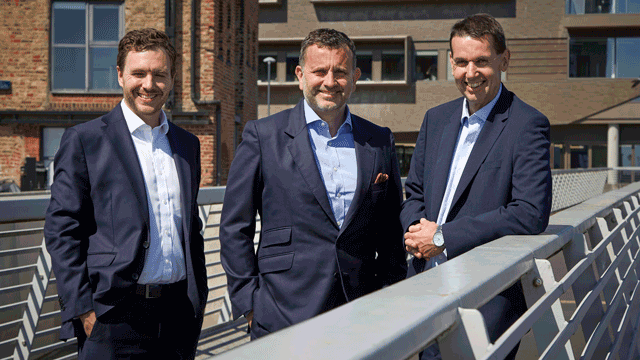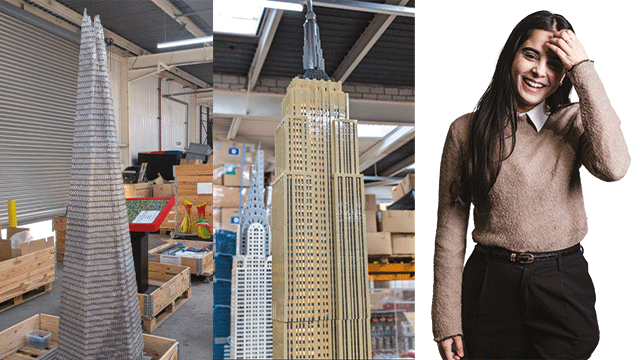COMMENT Although the effects of the global pandemic have further to run, the worst of the crisis has now passed. Risks are still out there, but distress in financial and real estate investment markets has been avoided, reflecting a concerted policy effort.
In Europe, the vaccine rollout should lead to a strong economic bounce-back in the second half of this year, as services reopen and households spend accumulated savings. This rapid pace of growth, albeit from a low base, will support demand for real estate – creating opportunities for investors.
Durability of demand
One segment of the real estate market currently in the spotlight is offices. After a tough year, offices are starting to look like an attractive investment opportunity again. A rapid rebound in economic growth and workplace reopening, set against a low supply pipeline and a limited supply of grade-A space, will propel income growth.
Our base case for the office market is for further pressure on headline rental and overall income growth for the remainder of the year, reflecting an overhang of weak sentiment on demand from a challenging start to the year, and uncertainty linked to the recent pickup in Covid-19 cases in several major countries. But going into 2022, we see the recovery story coming through quickly, driven by an anticipated economic rebound and renewed employment growth.
Increased adoption of remote working is a threat but is expected to be contained. One of the factors that gives us confidence about the durability of office demand is that there are negative productivity implications if too many employees work remotely at the same time. Over time, cities with high office employment density typically have higher productivity growth.
A closer look at the employment outlook shows that cities with highly skilled workforces – including Amsterdam, Paris, Munich and London – are expected to record stronger employment growth over time, translating into demand for office space.
Although there is no doubt that the pandemic has had a significant impact on office demand – in London, take-up in 2020 was 60% below its long-term average – supply in most markets has also adjusted. Many of the CBD markets that centre on skilled workforces – Berlin, Paris and Munich – came into the recession with very low vacancy rates.
Despite some risk from the increased adoption of remote working, the modern grade-A space that tenants are increasingly demanding will quickly be in short supply once demand picks up again. And a lesson from history is that rents and capital values can rebound quickly in low-vacancy markets.
Supply chains adapting
While the office market has faced recent challenges, logistics in Europe represents an ongoing investment opportunity as the pandemic has accelerated the shift to online retailing. Supply chains are adapting, and capital inflows will be needed for some time to create the stock to meet growing occupier demand.
Take-up of logistics space remains elevated and, despite a clear supply response across Europe – including a noteworthy pickup in speculative supply – for now elevated demand is translating into above-average rental growth, which is expected to continue into 2022.
Yields are low, but our view is the improved profile of occupier demand implies a lower risk premium, and low interest rates, too, are supportive of pricing, especially given the rental growth being recorded. It is very much a momentum play on the rental side, but also as yields look set to compress further given the weight of the capital targeting the sector.
Capital value growth forecasts compare favourably with other commercial real estate sectors, although we see the gap closing over time as yields find a floor and a likely supply response weighs on future rental growth.
Investors looking to generate higher returns in the sector have several options. One is to develop sites in major core markets, with the aim of benefiting from leasing momentum, rental growth and favourable exit yields. Alternatively, higher-yielding non-core markets offer opportunities where online spending is growing from a low base, such as in Italy and Spain.
Finally, niche logistics sectors, such as cold storage, offer potentially higher returns in compensation for higher fit-out costs, greater operational expertise and some additional risk.
Greg Kane is head of European investment research at PGIM Real Estate











